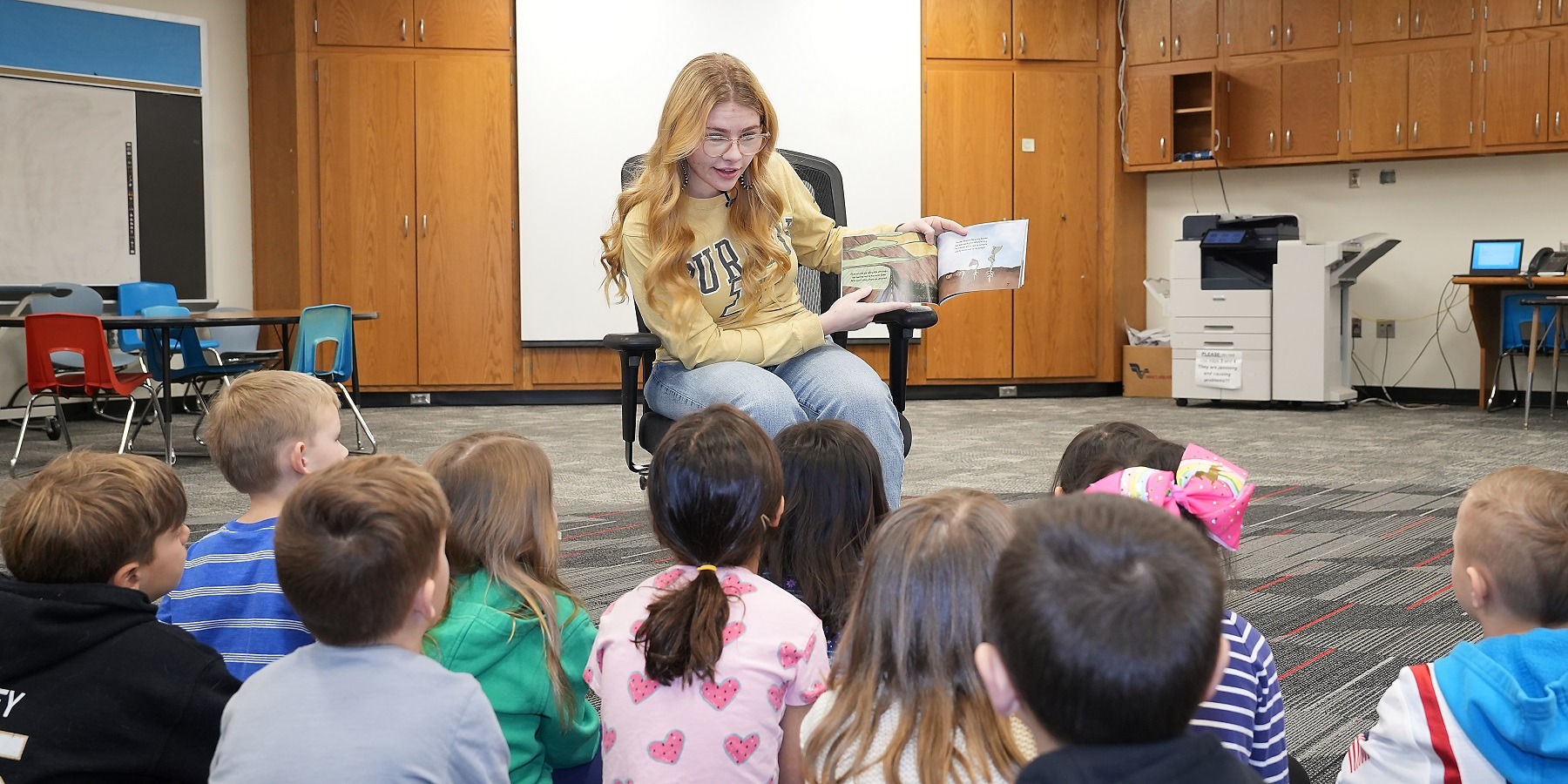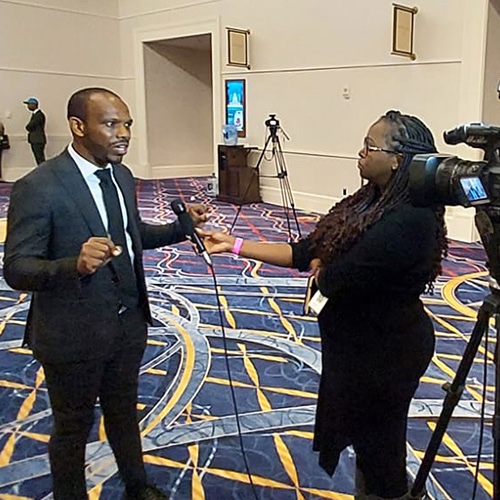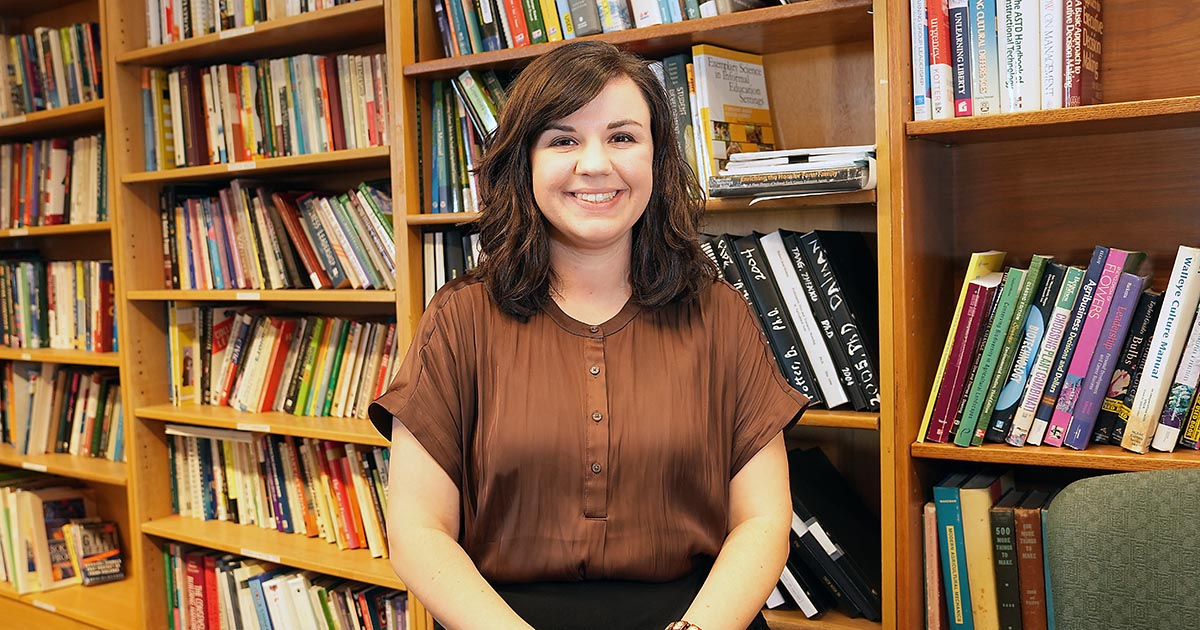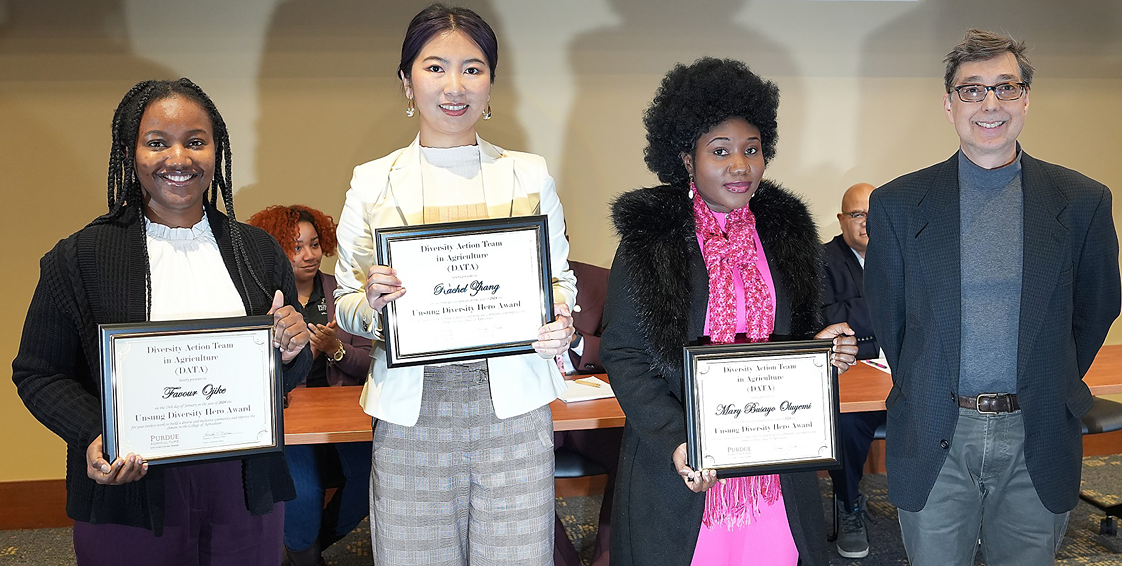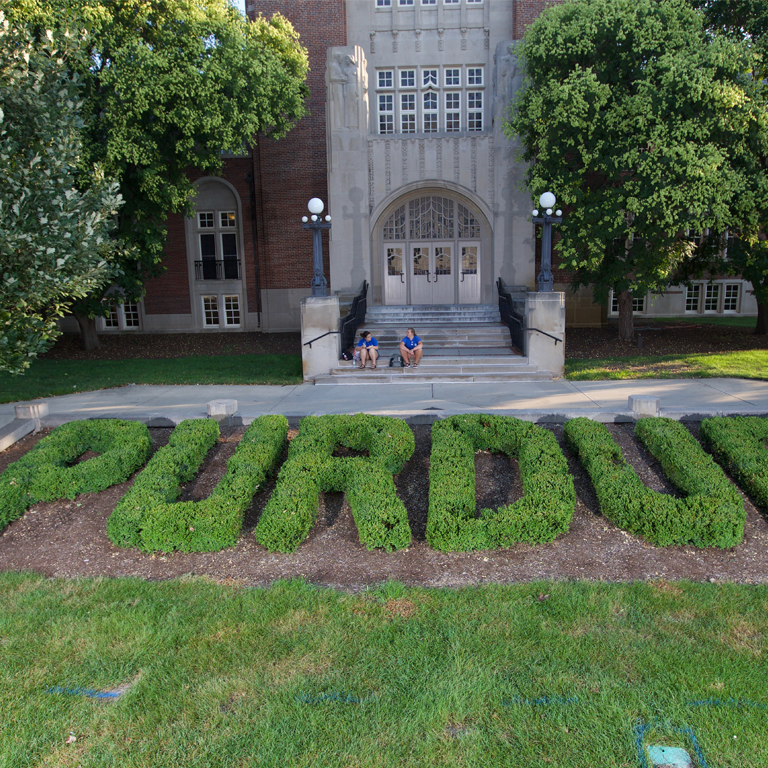Agricultural Sciences Education and Communication
Welcome to the Department of Agricultural Sciences Education and Communication. Our motto is "Empower, Educate, and Engage." We are committed to empowering the leadership capacity and capability of individuals and groups. We educate youth and adults through agricultural and life sciences, and we impact the quality of life for all through engagement.
Interested in developing the skills and knowledge to help people make decisions?
The Agricultural Education undergraduate major prepares students to become high school agricultural educators, community-based educators, or great agribusiness human development and marketing employees.
The Agricultural Communication undergraduate major is for those who are interested in helping tell the story of agricultural and life sciences and in facilitating science engagement with the public.
The Graduate Studies Program in ASEC is truly unique in its ability to combine a strong, transdisciplinary, people-oriented degrees with work in technical and scientific areas. Both the master's and doctoral programs prepare students to become leaders in the world's food, fiber, and natural resource systems. Specializations include Agricultural and Extension Education, Agricultural & Science Communication, and STEM Learning Systems. Those who wish to lead and help others learn to educate and communicate, often decide to pursue a graduate degree.
We are very well represented by great alumni who are leading and making this a more diverse and equitable world. The department has exceptional students who are preparing to make a real difference in the world today and tomorrow. Our faculty are outstanding classroom teachers who are conducting innovative research that impacts the way people learn in formal and informal educational settings.
Contact Us
Department of Agricultural Sciences Education and Communication
asec@purdue.edu
915 W. State Street
West Lafayette, IN 47907
(765) 494-8423
Explore the Possibilities of Agricultural Communication and Agricultural Education
Graduate Certificate Program
Graduate Certificate Program

In the agricultural sector, employers often seek professionals who have both advanced technical and scientific skills as well as soft skills like communication. It is important for agriculture professionals to develop strong communication skills...
Read More